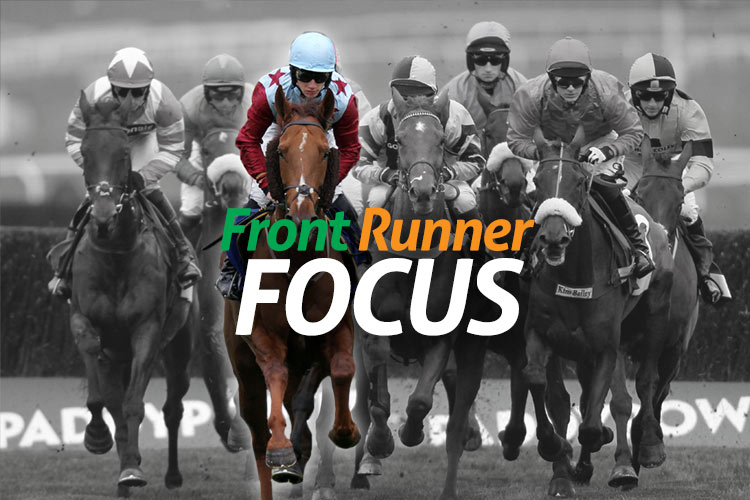

If you’re working on a specific maneuver and you keep cueing for it in the same spot each time, your horse is going to start to anticipate that spot in the arena, and might even become anxious. The best way that I’ve found to keep a horse from anticipating my next move is by always keeping them guessing. He can’t keep his mind on the task at hand and starts to worry about what’s going to happen next. When your horse is anticipating what you’re going to do next, he becomes anxious and unfocused. Remember without their attention you are in a vulnerable position with little control and they will not learn until they are focused, settled and paying attention to your cues.Anticipation is something that many horses struggle with, and it can be a difficult problem to solve if you don’t address it immediately. To summarise, if you notice your horse isn’t paying attention to you, address that first before you move on with your ridden or handling work. Do some simple things, things that you both know first to get their attention then build from there. If your horse is not paying attention to you in a lesson you will struggle to achieve anything and your horse will not learn. Warming up is part physical and mostly mental. How do you harness your horse’s attention and teach him new things? Repetition and being CCD as a handler or rider. Once he can do this easily and feels relaxed you can start to build back up to his usual training level.

Your horse will find it very difficult to resist and/or ignore your aids when doing this exercise. The first and most basic aid is to move the hind end using one rein redirecting energy. The bigger the loss of attention the more basic you make it. When riding, you need to work on something they know. I only do this if a horse acts on their thoughts and moves past me, away from me or over me. When done correctly your horse will move their back legs more than their front. The amount of energy required to do this differs from horse to horse. On the ground I use energy to regain his attention and get him to face me. If you lose your horse’s focus, what can you do to regain it? The more CCD a handler is when a horses instinct kicks in the better your horse will respond next time and this will lead to a higher level of trust and respect. Instinct over rides all training if they are unsure. I find “nagging” is the biggest cause of horses losing focus because their handler/rider is failing to stop giving a cue or “ask” when the horse reacts correctly. What can cause you to lose his focus? What role does instinct play?


What does it signal if you struggle to hold your horse’s attention and focus? Another key factor is your horse can not learn when they are not paying attention. If your horse becomes distracted by something they may be unaware of you momentarily. Why is it important to hold your horse’s attention? Horses can be be patient for long periods if they are relaxed, during these periods they are not necessarily focused, they are simply resting. Attention span is also affected by the way the handler or rider is with their horse. Generally the younger a horse the shorter the attention span. If they are calm and interested they can stay focused for longer periods but we are talking minutes before they can become bored or look for an easier option or want to release some energy. If their attention is on something that is worrying them they will be highly focused, compelled to react in seconds. Horses have the ability to focus on one thing and block out everything else. How long is a horse’s usual/average attention span?
#BACK IN FOCUS HORSE HOW TO#
So this weeks blog post is about how to gain your horse’s attention….and keep it! I recently helped a client with her horse who had the equine equivalent of Attention Deficit Disorder! The challenges she faced and that I helped her to overcome are faced at some stage by most horse owners (well, probably all if I’m totally honest!). Jason explains how to gain your horses attention….and keep it!


 0 kommentar(er)
0 kommentar(er)
